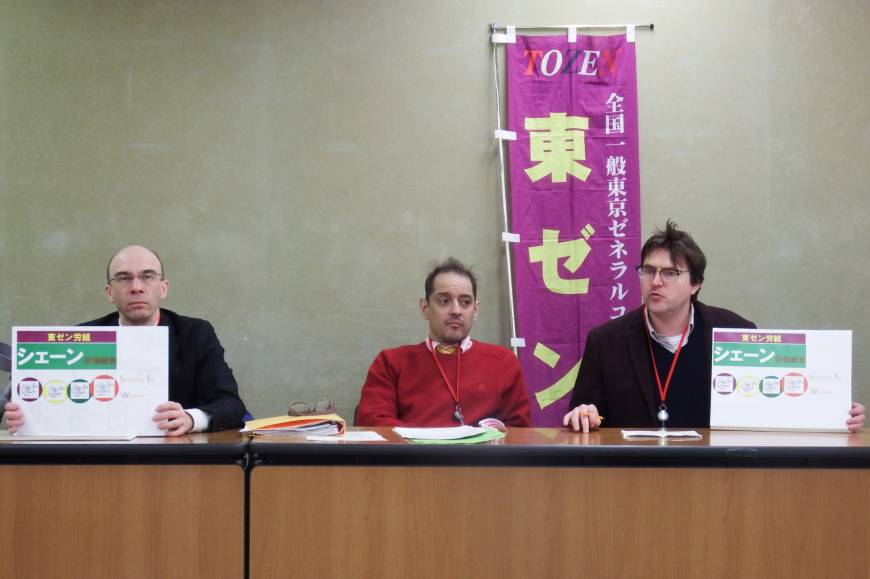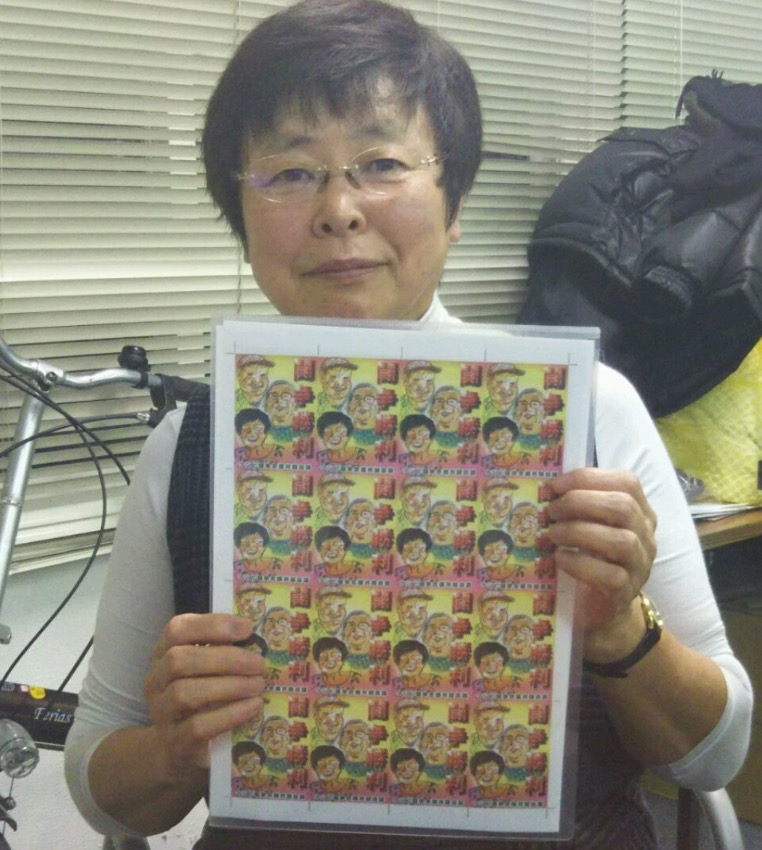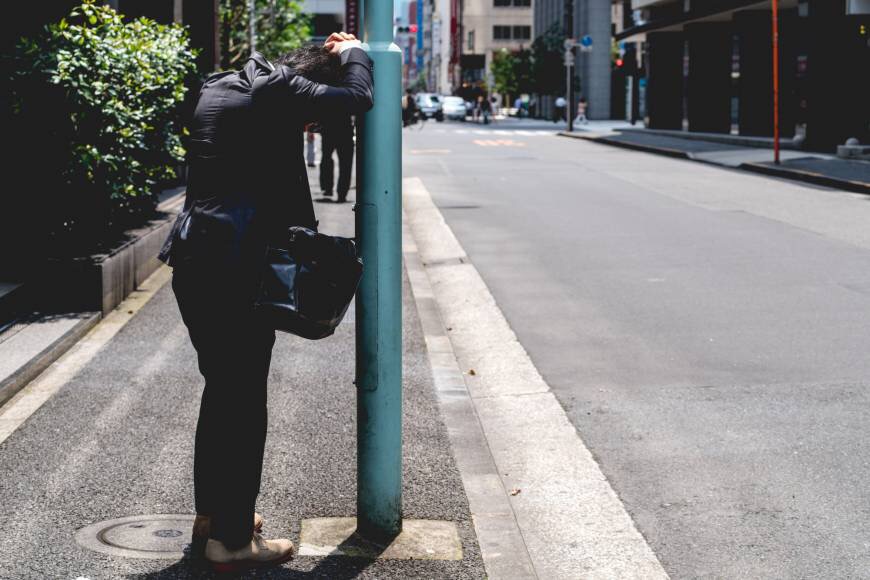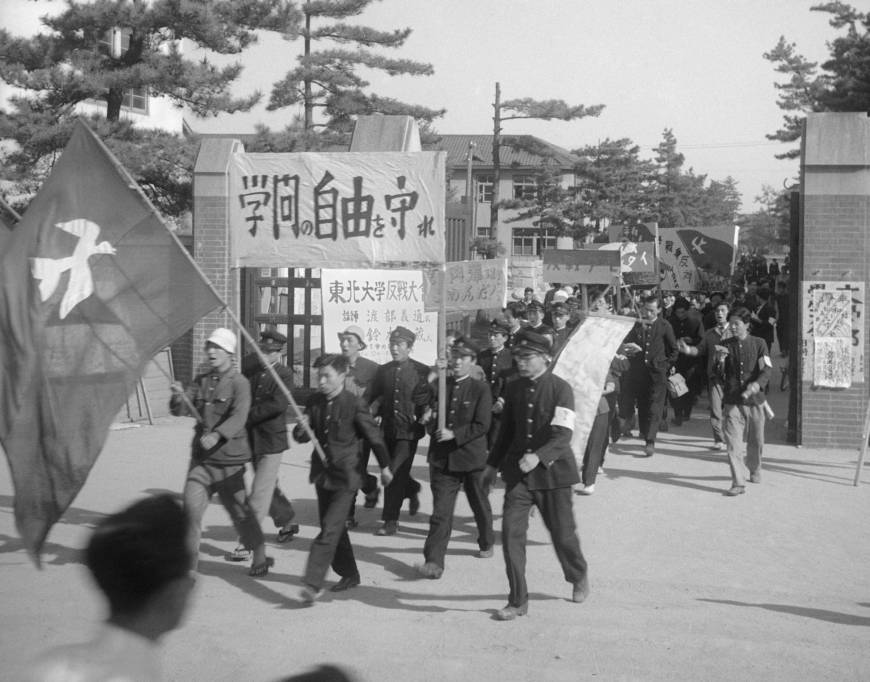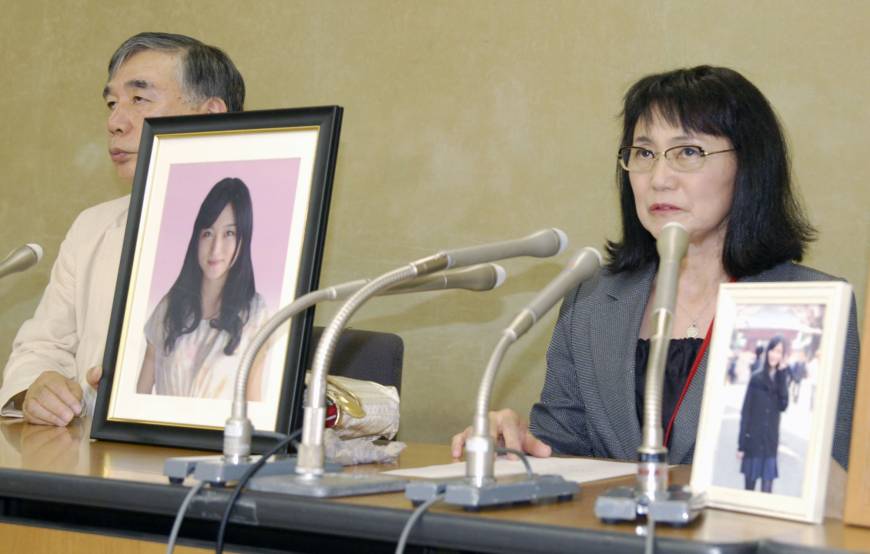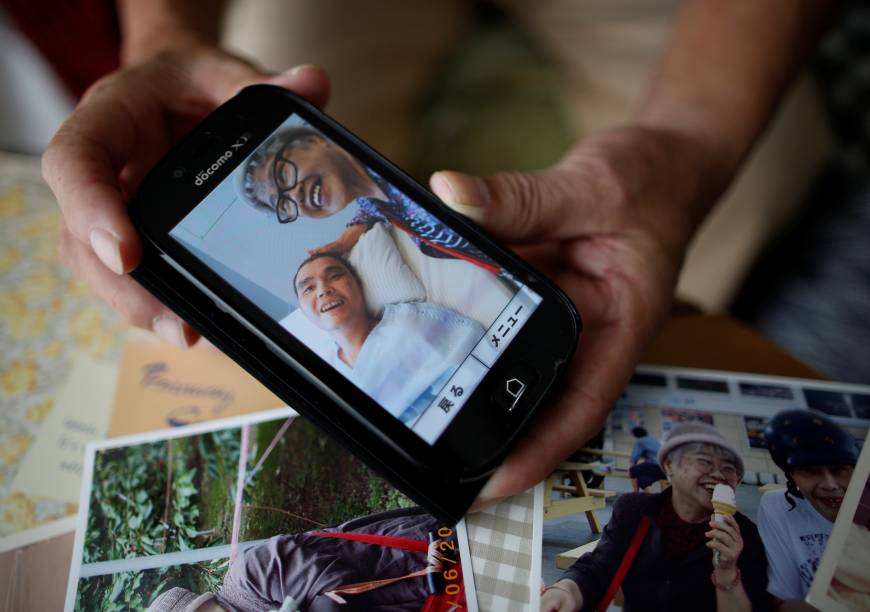Two British language teachers who worked for Shane English School Japan filed suit Thursday against the school’s operator Shane Corporation Ltd., claiming that their dismissals were unfair and invalid.
Chris Beardshall, 46, and Adam Cleeve, 44, demanded that Shane pay their monthly salaries until the day of the case’s final judgment. The two were hired on fixed-term, one-year contracts, with annual renewals possible.
Beardshall said he joined Shane in 2003 and that he was dismissed as of Dec. 31, 2016, after refusing to sign a contract that included a drastic pay cut.“Shane decided to cut my salary by two-thirds … yet they know I have a wife and a child,” Beardshall said during a news conference held Thursday at the labor ministry

